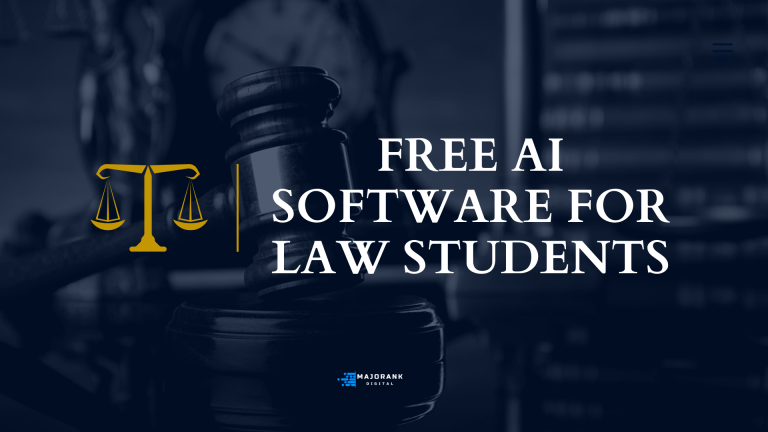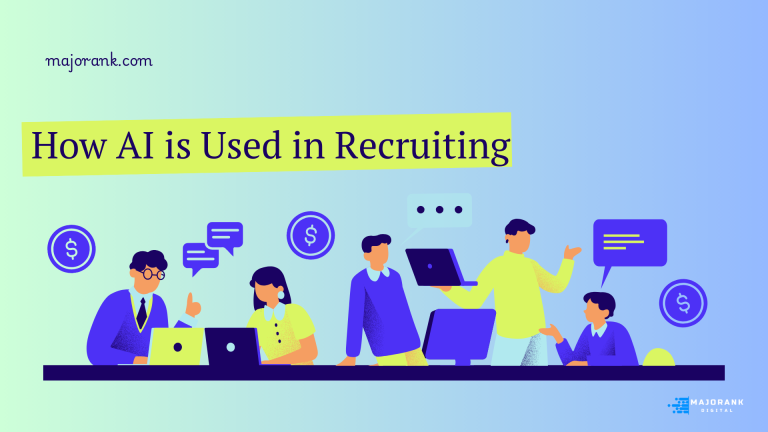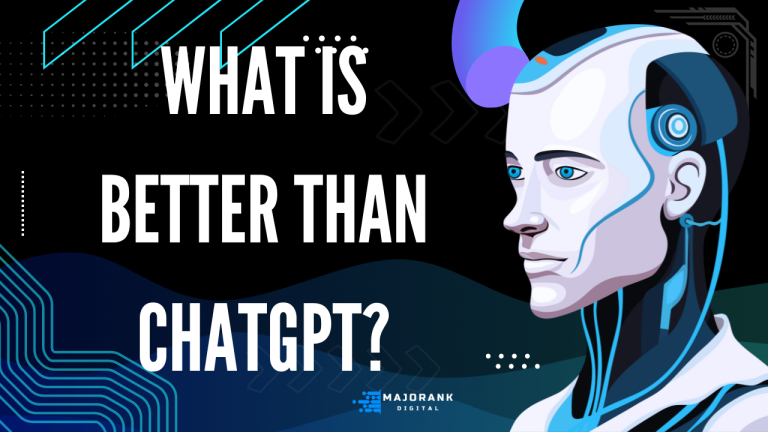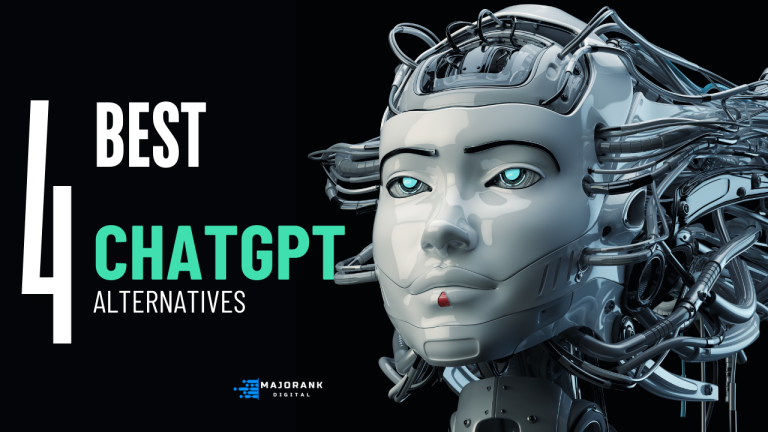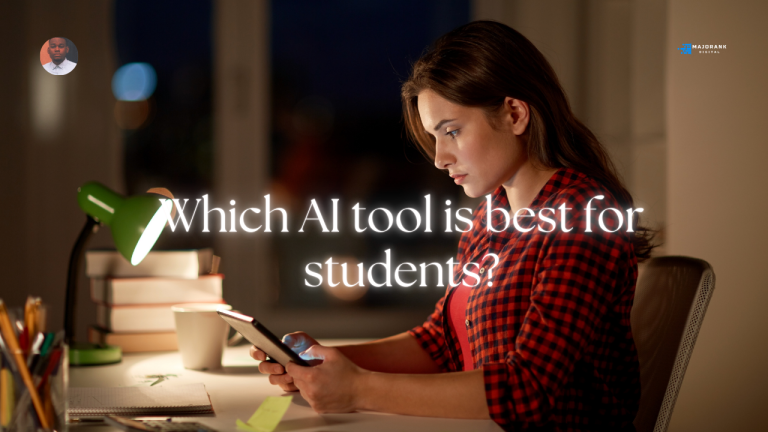Why AI-Powered Recruiting Platforms Are the Future of Hiring
Integrating artificial intelligence (AI) into the recruitment process is transforming the way companies hire, making AI-powered recruiting platforms a cornerstone of modern talent acquisition. These platforms leverage AI to enhance efficiency, reduce bias, and improve candidate matching, thereby revolutionizing the hiring landscape. This article explores the key reasons why AI-powered recruiting platforms are poised to become the future of hiring.
Enhanced Efficiency and Automation
AI-powered recruiting platforms automate repetitive tasks such as resume screening, candidate sourcing, and interview scheduling. This automation significantly reduces the time to hire, allowing recruiters to focus on strategic tasks like candidate engagement and relationship-building. For instance, AI-driven tools can analyze and rank candidates based on job requirements, efficiently identifying the best fits and reducing manual sifting through resumes.
Predictive Analytics for Better Hiring Decisions
AI-powered predictive analytics analyze historical hiring data to predict a candidate’s likelihood of success. By identifying key traits such as adaptability, problem-solving ability, or leadership potential, AI tools help recruiters make data-backed decisions that align candidates’ strengths with business needs. This approach improves retention and performance outcomes by ensuring that hired candidates are well-suited for their roles.
Reducing Bias and Enhancing Diversity
Hiring bias is still a major issue, yet AI tools can help by standardizing evaluation criteria and anonymizing candidate information. AI targets objective measures like skills and experience, minimizing the impact of demographic elements. Nevertheless, continuous Human-in-the-Loop (HITL) oversight is crucial for monitoring and enhancing AI systems to promote fairer and more inclusive hiring practices.
Personalized Candidate Experience
AI-powered platforms can generate personalized job recommendations and craft custom outreach messages based on a candidate’s skills, experience, and interests. This personalization leads to higher response rates and enhances the overall candidate experience. Additionally, AI-driven chatbots can handle initial interactions, answer FAQs, and schedule interviews, ensuring a seamless experience for applicants.
Integration Across HR Systems
The future of AI in hiring involves creating a seamlessly integrated HR ecosystem. AI will integrate with Applicant Tracking Systems (ATS), Human Resource Management Systems (HRMS), and employee development platforms. This integration enables a holistic view of talent management, enhancing decision-making across the employee lifecycle.
Future Developments: AI-Powered Virtual Interviews
AI-powered virtual interview tools are set to deliver deeper insights beyond basic video calls and transcripts. These tools analyze the tone of voice, word choice, and facial expressions in real-time to assess a candidate’s confidence, sincerity, and alignment with company culture. While these capabilities require HITL oversight to ensure accurate interpretation and avoid bias, they will evolve virtual interviews into a valuable source of critical insights.
Augmentation of Human Recruiters
AI’s role in recruitment is not to replace human recruiters but to augment them. AI recruiters act as valuable assistants, automating tasks and processes, and allowing human recruiters to focus on what truly matters—candidates and stakeholders. This collaboration enhances the recruitment experience, driving business growth by matching candidates with clients more effectively.
Conclusion
AI-powered recruiting platforms are revolutionizing the hiring process by enhancing efficiency, reducing bias, and improving candidate matching. As AI continues to evolve, it will play a central role in optimizing hiring funnels, integrating across HR systems, and providing predictive analytics for better hiring decisions. Understanding how AI is used in recruiting—through automation, predictive analytics, and personalized candidate experiences—highlights its transformative impact on talent acquisition.
The future of hiring is not just about building better tools but creating a seamlessly integrated system where data support every hiring decision. With AI handling administrative tasks and providing strategic insights, recruiters can focus on meaningful interactions with candidates, ultimately transforming the recruitment landscape into a strategic advantage for businesses.

